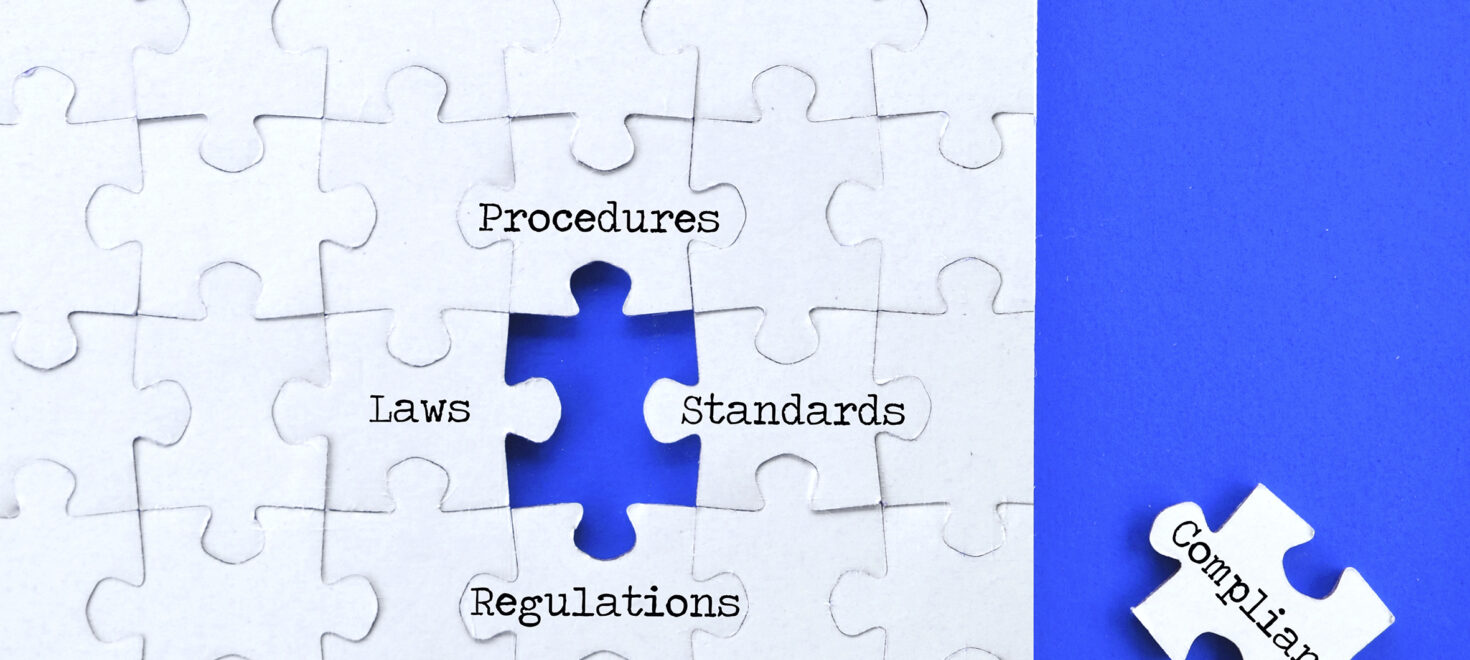Data governance is a crucial aspect of any organisation’s success, particularly when it comes to compliance and profitability. Essentially, data governance refers to the overall management of the availability, integrity, security, and usability of data within an organisation. This includes everything from determining who has access to what data, to how data is stored, processed, and analysed. With proper data governance, companies can ensure that they comply with relevant laws and regulations, while also maximising the value of their data assets to drive profitability.
Compliance is a top priority for most organisations, particularly those in regulated industries such as healthcare, finance, and retail. Non-compliance can lead to fines, legal action, and reputational damage, all of which can have a significant impact on a company’s bottom line. With proper data governance, companies can ensure that they are meeting all relevant regulatory requirements, such as those related to data privacy, security, and retention.
For example, under the General Data Protection Regulation (GDPR), organisations are required to obtain explicit consent from individuals before collecting and processing their personal data. They are also required to implement appropriate technical and organisational measures to protect personal data from unauthorised access, loss, or destruction. By implementing strong data governance practices, companies can ensure that they are compliant with these regulations, reducing the risk of fines and other penalties.
Data governance can also help companies to improve their profitability. This is because effective data governance enables organisations to better manage and utilise their data assets, ultimately driving more informed decision-making and better business outcomes. By ensuring that data is accurate, complete, and up-to-date, companies can gain a more comprehensive understanding of their customers, markets, and operations, which can help them to identify new revenue streams, optimise their pricing strategies, and improve their overall profitability.
For example, a retailer might use data governance to analyse sales data and identify trends in customer purchasing behaviour. By understanding which products are selling well and which are not, they can adjust their inventory levels, pricing, and promotions to better meet customer demand and maximise sales. Similarly, a healthcare provider might use data governance to analyse patient health data and identify opportunities to improve patient outcomes and reduce costs.
Ultimately, data governance is essential for any organisation that wants to ensure compliance and drive profitability. By establishing clear policies and procedures for managing data, companies can ensure that they are meeting all relevant regulatory requirements while also leveraging their data assets to gain a competitive advantage. To implement effective data governance, organisations should start by conducting a comprehensive assessment of their data management practices, including data storage, processing, and analysis.
They should then develop a data governance framework that clearly outlines the roles and responsibilities of all stakeholders, including data owners, data stewards, and data users. This framework should also include policies and procedures for data quality, data security, data privacy, and data retention. Finally, companies should establish clear metrics and KPIs to measure the effectiveness of their data governance program and continuously monitor and refine their practices to ensure ongoing compliance and profitability.
In conclusion, data governance is a critical tool for companies looking to ensure compliance and drive profitability. By establishing clear policies and procedures for managing data, companies can ensure that they are meeting all relevant regulatory requirements while also leveraging their data assets to gain a competitive advantage. To implement effective data governance, organisations should conduct a comprehensive assessment of their data management practices, develop a data governance framework, and establish clear metrics and KPIs to measure the effectiveness of their program. With proper data governance, companies can ensure that they are maximising the value of their data assets while also reducing the risk of non-compliance and other costly mistakes.

